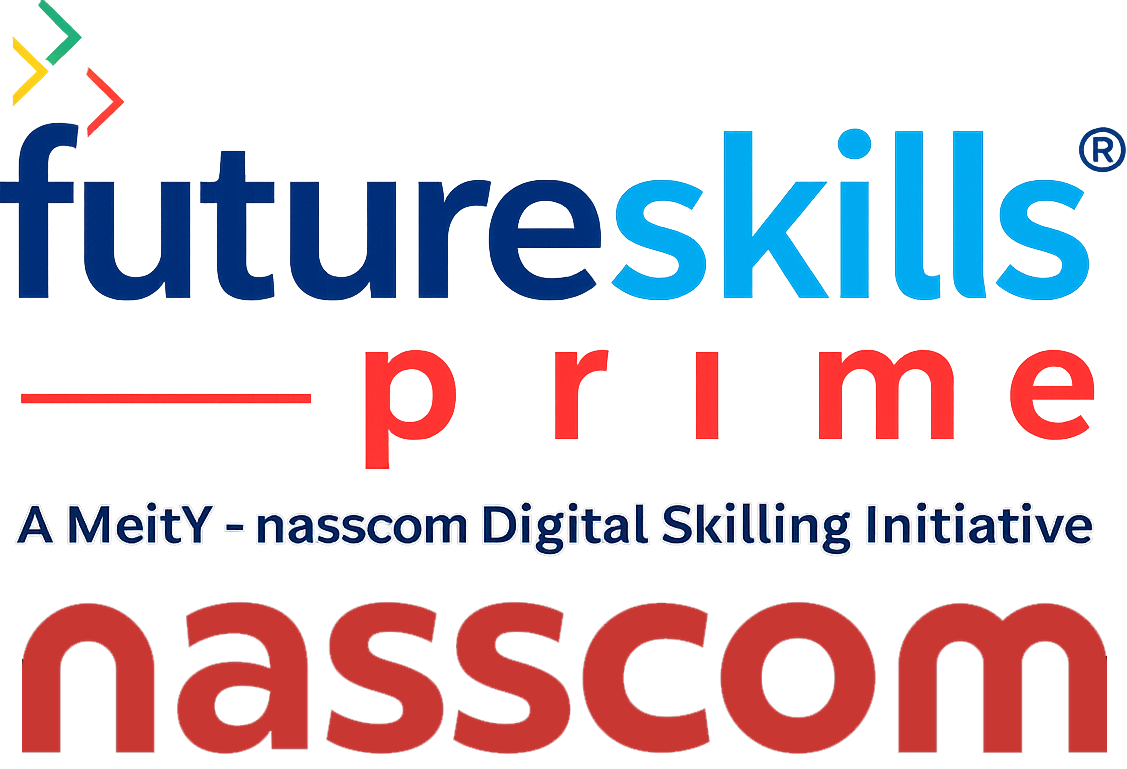Are you gearing up for a DevOps interview? Whether you’re a seasoned pro or just starting your DevOps journey, being well-prepared is the key to success. In this article, we’ll explore some of the top DevOps interview questions and provide expert answers to help you excel in your interviews. Plus, if you’re looking for the best DevOps classes in Pune with placement opportunities, you’re in the right place!
Introduction
DevOps has become an essential component of modern software development, and organizations are actively seeking skilled DevOps professionals. To help you ace your DevOps interview, we’ve compiled a list of common interview questions and provided detailed answers. Let’s dive in!
1. What is DevOps, and how does it differ from traditional software development practices?
Answer: DevOps is a cultural and technical movement that emphasizes collaboration and communication between development and operations teams. It aims to automate and streamline the software delivery process, ensuring faster, more reliable releases. Unlike traditional approaches, DevOps focuses on breaking down silos and promoting continuous integration and continuous delivery (CI/CD).
2. What are the key principles of DevOps, and why are they important?
Answer: DevOps principles include automation, collaboration, transparency, and a focus on the entire software delivery pipeline. These principles improve efficiency, reduce errors, and enhance product quality. Automation, in particular, helps in consistently deploying and testing code, making the process more reliable.
3. Can you explain the concept of CI/CD?
Answer: Continuous Integration (CI) involves automatically integrating code changes into a shared repository and running tests to detect integration issues early. Continuous Delivery (CD) takes this a step further by ensuring that code is always in a deployable state. It includes automated deployment and testing in production-like environments.
4. What are some popular DevOps tools, and how are they used?
Answer: DevOps tools include Jenkins, Docker, Kubernetes, Ansible, and more. Jenkins is used for automation and CI/CD, Docker for containerization, Kubernetes for container orchestration, and Ansible for configuration management.
5. What is Infrastructure as Code (IaC), and why is it important in DevOps?
Answer: IaC is the practice of managing and provisioning infrastructure using code. It ensures consistency and repeatability in infrastructure deployment. Tools like Terraform and AWS CloudFormation are commonly used for IaC.
“Before we delve into the details, if you want a comprehensive guide on how to start a DevOps career and its benefits, don’t forget to check out our blog: How Can You Start a DevOps Career and Its Benefits.”
6. How do you ensure the security of a DevOps pipeline?
Answer: Security is integral to DevOps. Best practices include code scanning, vulnerability assessments, and adherence to security policies. Tools like OWASP ZAP and SonarQube help in identifying and mitigating security issues.
7. What are the benefits of containerization, and which tool is widely used for container orchestration?
Answer: Containerization offers portability and efficiency. Kubernetes is the leading tool for container orchestration, providing features for scaling, managing, and automating containerized applications.
8. What is the role of Version Control in DevOps?
Answer: Version control is crucial in DevOps as it helps manage changes to source code and configuration files. It enables tracking, collaboration, and rollback of code changes, making it an essential component of CI/CD pipelines. Common version control tools include Git and SVN.
9. Explain the concept of Blue-Green Deployment.
Answer: Blue-Green Deployment is a technique used for releasing software updates with minimal downtime. In this approach, two identical environments, “Blue” and “Green,” are set up. When a new version is ready, traffic is switched from one environment to the other. This allows for easy rollback in case of issues.
10. What is the “Immutable Infrastructure” concept, and why is it important in DevOps?
Answer: Immutable Infrastructure means that once an environment or server is created, it’s never modified but replaced with a new one when changes are needed. This ensures consistency and simplifies configuration management, making it easier to recover from failures.
11. How does DevOps contribute to improved collaboration between development and operations teams?
Answer: DevOps encourages collaboration through shared goals and responsibilities. Teams work together on automation, infrastructure, and deployment, leading to better communication and understanding between development and operations.
12. Can you explain the importance of Continuous Monitoring in DevOps?
Answer: Continuous Monitoring involves tracking application and system performance in real-time. It ensures that issues are detected and resolved promptly, minimizing downtime and enhancing user experience.
13. What is the role of DevOps in cloud computing?
Answer: DevOps and cloud computing complement each other. DevOps practices are well-suited for managing and scaling applications in cloud environments. Cloud services provide the scalability and flexibility needed for DevOps practices like CI/CD.
14. What are the key metrics for measuring the success of a DevOps implementation?
Answer: Key DevOps metrics include lead time, deployment frequency, mean time to recovery, and change failure rate. These metrics help in assessing the efficiency and reliability of the CI/CD pipeline.
15. How do you handle database changes in a DevOps pipeline?
Answer: Managing database changes in DevOps can be challenging. Tools like Flyway and Liquibase help automate database schema changes. It’s essential to version control database scripts and maintain clear rollback strategies.
16. Explain the “Shift-Left” approach in DevOps.
Answer: The “Shift-Left” approach involves addressing testing and security earlier in the software development lifecycle. By moving testing and security practices to the left, closer to the development phase, issues are detected and resolved sooner, reducing the cost and impact of defects.
Now that you’re better prepared for your DevOps interview, consider taking your skills to the next level. At Ethan’s Tech, we offer top-notch DevOps training in Pune, Kharadi, with placement opportunities. Our DevOps course covers all aspects of DevOps, including CI/CD, containerization, and more.
Enroll in Our DevOps Course in Pune and Secure Your DevOps Career!
If you’re seeking the best DevOps classes in Pune with placement support, explore our DevOps course at Ethan’s Tech. Get hands-on experience, learn from industry experts, and unlock a world of DevOps opportunities.
Don’t miss out on the chance to accelerate your DevOps journey and secure a promising future in this dynamic field.
For a deeper understanding of the roles and responsibilities of a DevOps engineer, explore our blog: DevOps Engineer Job Description: Roles and Responsibilities You Need to Handle.





